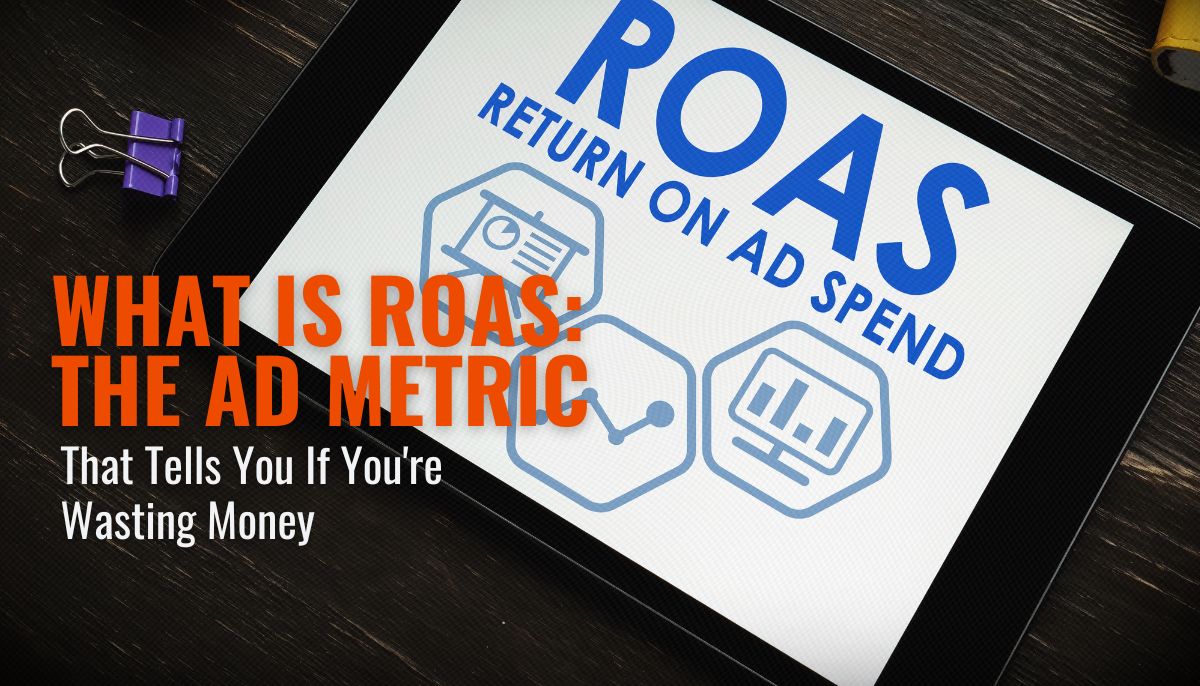In a groundbreaking decision, Google has been found guilty of maintaining an illegal monopoly over the search engine market.
The verdict, delivered by Judge Amit Mehta, could have wide-reaching effects, not only for the tech giant but also for its competitors and the future landscape of the internet. But how exactly did Google end up here, and what might happen next?
How It All Started: The Lead-Up to the Antitrust Case
For years, Google has been the unrivaled leader in the search engine market. Since its rise to power in the early 2000s, it’s consistently captured around 90% of the global search traffic. However, with great dominance came heightened scrutiny.
The U.S. Department of Justice (DOJ) and numerous state attorneys general accused Google of stifling competition by making exclusive deals. Essentially, Google spent billions of dollars to ensure it remained the default search engine on popular devices and browsers like Apple’s Safari and Mozilla’s Firefox.
These practices eventually triggered complaints that led the DOJ to file an antitrust lawsuit in 2020. It marked the most significant antitrust action since the U.S. government took on Microsoft back in the late 1990s.
Google’s Tactics to Stay on Top
A big part of Google's strategy involved securing exclusive revenue-sharing deals with other tech giants. By ensuring its search engine was pre-installed on devices, Google gained a massive leg up on its competitors. In 2021 alone, the company spent a staggering $26 billion on such agreements.
For example, Google’s deal with Apple ensured that Google Search became the default search engine on iPhones, a strategic move that left competitors like Bing and Yahoo struggling to keep up. These agreements gave Google a near-unbreakable grip on the mobile search market.
The Legal Battle: What Were the Main Arguments?
During the trial, the DOJ and Google presented very different stories. The DOJ argued that Google’s dominance wasn’t just about being the best—it was about blocking competition and stifling innovation. According to the government, Google's exclusive deals created almost impossible barriers for any other search engines to challenge its supremacy.
On the flip side, Google defended itself by claiming that its success was simply because it offered a superior product. They insisted that users chose Google because it was the best search experience available, not because they were forced into it. However, evidence from the trial weakened Google’s defense, particularly with details showing how their default search agreements played a crucial role in keeping competitors out.
The Verdict: What Did Judge Amit Mehta Decide?
In his 277-page ruling, Judge Amit Mehta declared that Google is indeed a monopolist and that it maintained this monopoly through anti-competitive practices. A major point in his ruling was how much Google relied on its default search engine deals to edge out rivals like Microsoft’s Bing and Yahoo.
While the judge acknowledged that Google’s search engine quality had contributed to its success, he concluded that the company's business tactics crossed the line of fair competition. This ruling is expected to open the door to a new wave of legal challenges as potential remedies and penalties are considered.
What’s Next? Possible Remedies and Changes
The ruling has sparked intense debate about what should happen next. The burning question is: What kind of punishment or corrective action will be imposed on Google?
Experts are speculating on several possible scenarios. Some suggest that the DOJ might push for a breakup of parts of Google’s business, while others predict regulatory changes that could limit how the company operates. One of the more radical solutions would be a "structural remedy," meaning Google’s advertising and search businesses could be split apart. Such a move might help smaller companies finally compete without being overshadowed by Google’s dominance.
Another likely remedy could involve putting an end to Google’s default search engine agreements. Right now, Google pours billions into securing its place as the default search engine on devices like iPhones and Samsung smartphones. If these deals were eliminated or heavily regulated, it might give rivals like Microsoft’s Bing or privacy-focused DuckDuckGo a real shot at gaining traction.
What Could This Mean for Users and Competitors?
If Google’s ability to maintain its default status is restricted, we could see a far more competitive search engine market. At the moment, search engines like Bing and DuckDuckGo hold only a small slice of the market, but this ruling could create room for them to expand their presence.
For users, increased competition might mean better search options, as other companies would be pushed to differentiate themselves from Google’s offering. The digital advertising market could also become more competitive, potentially driving down ad costs for businesses.
How Will This Impact Google’s Business and Reputation?
This ruling could have serious financial consequences for Google. If it is forced to break up parts of its business or if it loses those lucrative default search deals, it could face billions in lost revenue.
Moreover, Google’s reputation as an innovative leader might take a hit, especially as more antitrust cases continue to emerge against major tech companies worldwide.











